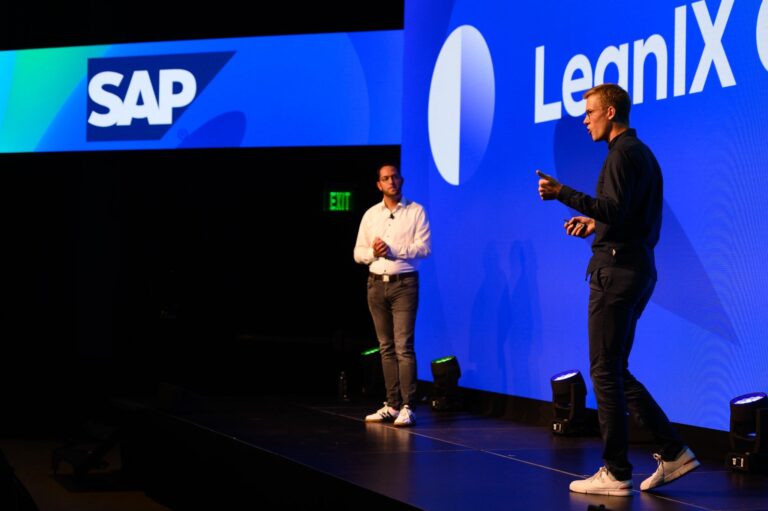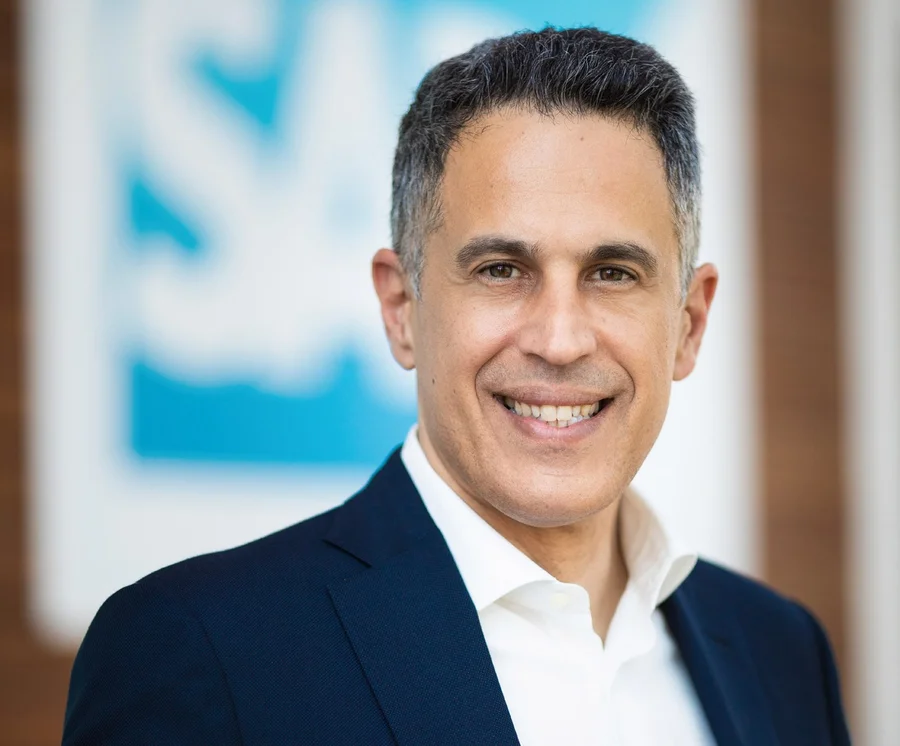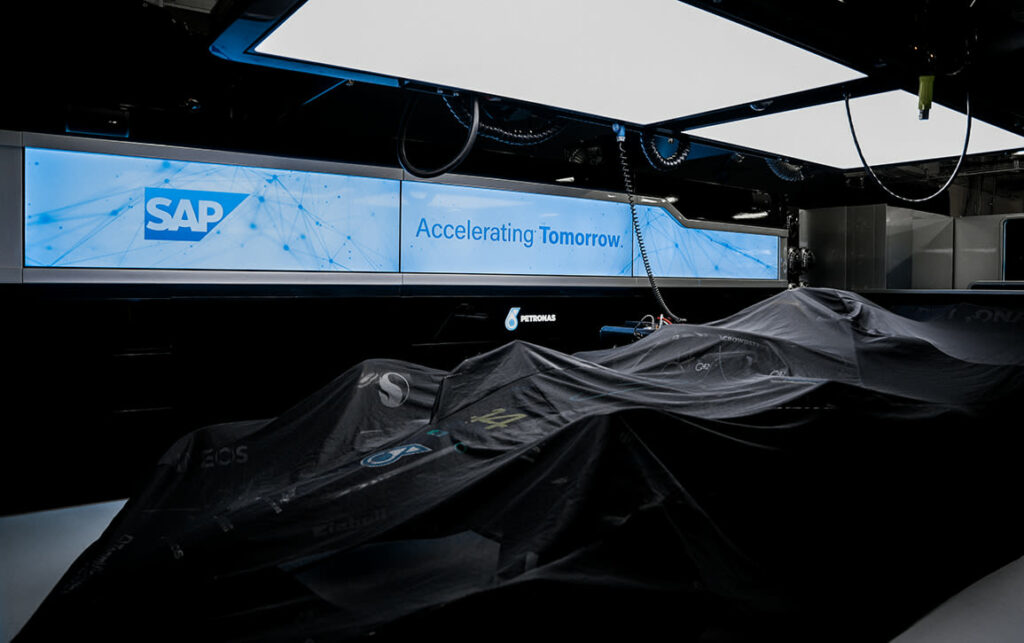SAP has announced it is entering into an agreement to acquire EAM software powerhouse, LeanIX.
With its SaaS solutions, AI enhancements and expertise in enterprise architecture management (EAM), LeanIX has an extensive track record of driving businesses to modernize their IT landscapes and lead business transformation.
Joining forces with LeanIX, SAP aims to expand its business transformation portfolio with the creation of a transformation suite to give customers access to the full suite of tools required for continuous business transformations.
The transaction is expected to close in the fourth quarter of 2023, subject to customary closing conditions and regulatory approvals.
LeanIX has been a strategic partner of SAP and SAP Signavio solutions for the last decade, with many CIOs relying on LeanIX’s offerings as part of their RISE with SAP digital transformations.
Christian Klein, CEO and member of the executive board of SAP SE, said: “Systems and processes go hand in hand. Together with LeanIX, we want to offer a first-of-its-kind transformation suite to provide holistic support to our customers on their business transformation journeys.
“Building on our decades of expertise, we’ll embed generative AI to offer self-optimizing applications and processes that can help businesses achieve key goals such as maximizing cash flow while minimizing their environmental impact.”
LeanIX complements the transformation capabilities of SAP Signavio solutions and will provide a comprehensive foundation for AI-enabled process optimization as SAP plans to further embed generative AI to offer self-optimizing applications, systems and processes to help businesses achieve their goals.
LeanIX has also recently launched an AI assistant that unlocks the power of generative AI for enterprise architecture management to increase automation and set the foundation for an intelligent recommendation engine for future IT landscape transformations.
SAP’s new business transformation solution suite aims to give customers an extensive view of business processes and applications, including overlaying process dependencies and mapping the impact of potential transformations on the IT landscape. LeanIX’s IT landscape transformation capabilities, with SAP Signavio Process Transformation Suite, RISE with SAP and SAP Business Technology Platform, aim to enable SAP customers to create a culture of continuous adaptability and improvement. In addition, LeanIX will continue to serve non-SAP landscapes.
This acquisition is no lean feat as LeanIX serves over 1,000 companies globally across various industries, including more than 10 percent of the Fortune 500 and half of the German DAX 40. LeanIX has a strong international presence with offices in Boston, London, Paris, Amsterdam and Slovenia; with notable investors including Goldman Sachs, Insight Partners, DTCP, Capnamic Ventures, Iris Capital and Dawn Capital.
André Christ, CEO and co-founder of LeanIX, said: “For more than a decade, we have pursued a relentless customer-centric approach, a commitment to superior usability and seamless ecosystem integration and have become a leader in the enterprise architecture management category.
“Our strategy is to empower organizations to continuously transform in a rapidly changing business environment. With an integrated, comprehensive view of IT applications and business processes, we speed up modernization and reduce transformation risks for our customers, and also secure their ability to adapt to technology shifts such as cloud and AI.”





